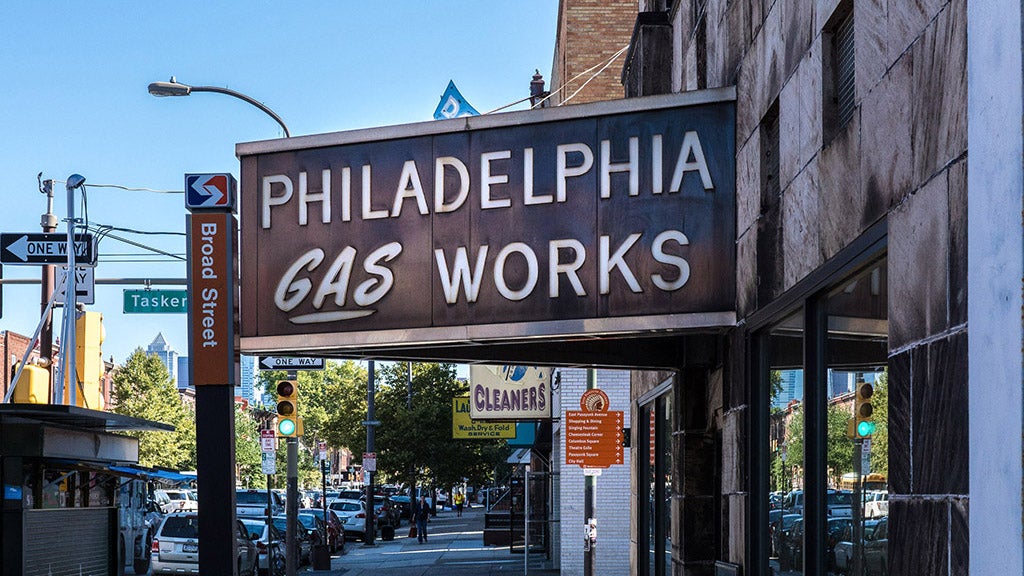The Philadelphia Gas Commission is proposing new regulations that would limit public participation in budget proceedings, sparking concern among advocates and city officials. The change would not prevent public comment during budget hearings, nor does it exclude written testimony to the proposed budget. However, advocates argue that the most meaningful participation occurs prior to any proposals and public hearings, where individual testimony is often limited and rarely prompts changes.
In a statement ahead of the hearing, the city defended the proposal, stating that it aims to maximize the efficiency of Gas Commission hearings while still allowing for public comment. The Gas Commission stated that the new regulations were developed in coordination with the city’s Law Department to standardize the process by which the Commission conducts its budgetary proceedings while preserving the rights of the public.
However, public testimony rejected the proposal, with many expressing concerns about the lack of transparency and public input. Steven Greenspan, a ratepayer and member of the group POWER Interfaith, criticized the move, stating that it is an attempt to insulate PGW from public scrutiny and hinder efforts to transition towards renewable energy.
During PGW budget proceedings, parties involved in the legal process can ask questions, provide expert witnesses, and cross-examine PGW witnesses to influence the budget. This stage of the process is seen as more impactful than testimony at public hearings. While PGW is owned by the city, its day-to-day operations are conducted by executives in conjunction with the Philadelphia Facilities Management Corporation, overseen by the Gas Commission.
City Council members, led by Councilman O’Rourke, wrote to the Commission urging them to reject the proposal, emphasizing the importance of open participation to maintain transparency and trust in public utilities. The letter was signed by several Councilmembers, highlighting the widespread concern over the potential restriction of public participation.
City Controller Christy Brady, the only gas commissioner to testify directly, emphasized the importance of public and union voices in the process. Commissioner Royal Brown defended the proposed regulations, citing past budget processes as chaotic and confusing. However, Community Legal Services attorney Rob Ballenger, representing ratepayers as the Public Advocate, pushed back against this argument, stating that missed budget deadlines were not due to chaotic processes.
After the meeting, Ballenger viewed the Commission’s decision to table the vote as a win. POWER has indicated that they may challenge the proposal in court if approved. Despite this, the Gas Commission did reject a request by PGW to spend $2 million on a consultant for planning a replacement of its natural gas liquefaction plant, a move that pleased climate activists who testified.
In conclusion, the proposed regulations by the Philadelphia Gas Commission have sparked controversy and raised concerns about transparency and public participation in budget proceedings. The pushback from advocates, city officials, and community members highlights the importance of open dialogue and engagement in decisions that impact public utilities and the environment. The outcome of this debate will have significant implications for the future of PGW and its transition towards renewable energy.

